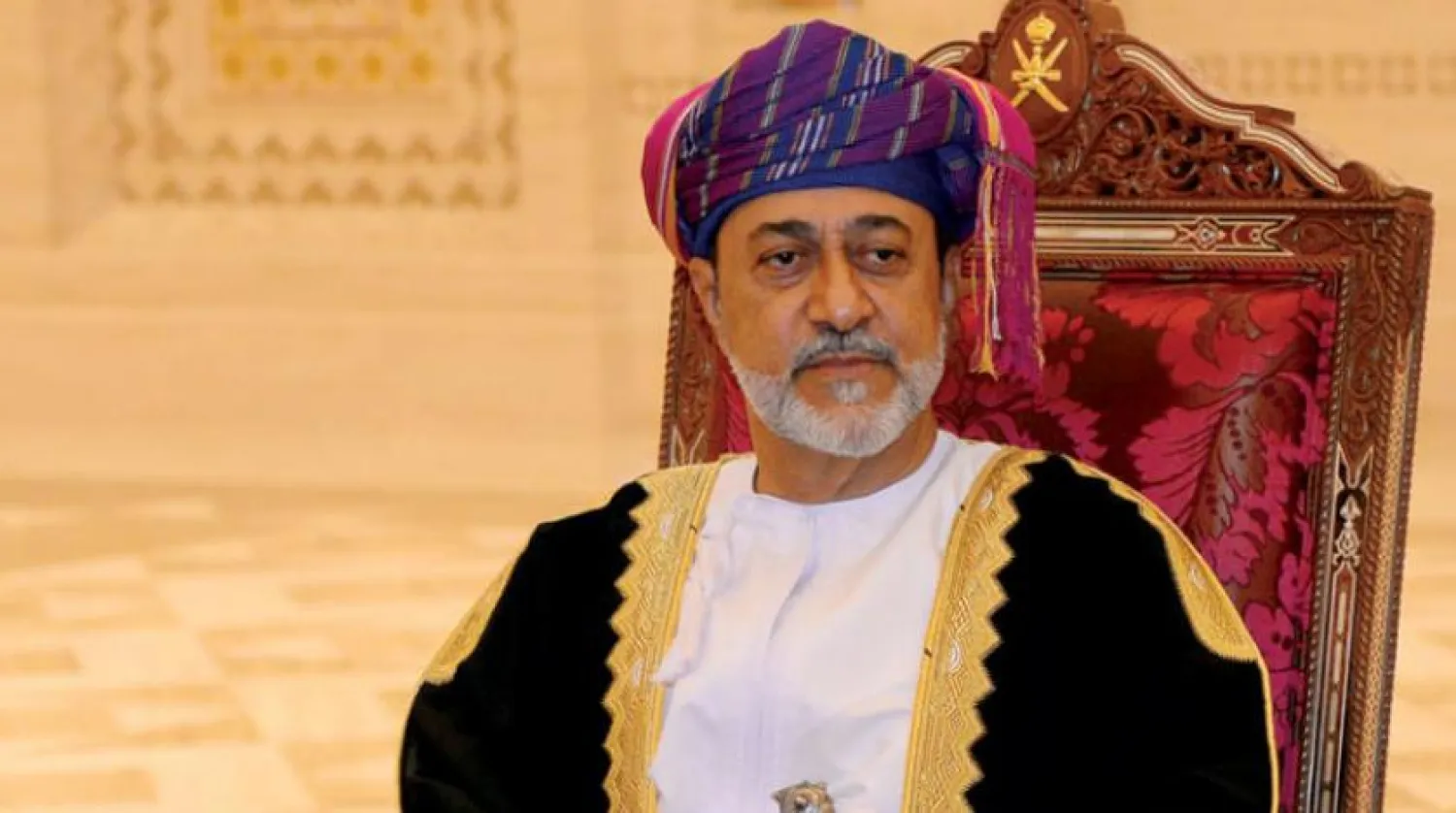Saudi Arabia has introduced greater flexibility into its investment environment, allowing government entities, under strict controls to safeguard spending efficiency and ensure the delivery of critical projects, to seek exceptions to contract with international companies that do not have regional headquarters in the kingdom.
The Local Content and Government Procurement Authority notified all government bodies of the mechanism to apply for exemptions through the Etimad digital platform.
The step is designed to balance enforcement of the “regional headquarters relocation” decision, in force since early 2024, with the needs of technically specialized projects or those driven by intense price competition.
Under a government decision that took effect at the start of 2024, state entities, including authorities, institutions and government-affiliated funds, are barred from contracting with any foreign commercial company whose regional headquarters in the region is located outside Saudi Arabia.
According to the information, the Local Content and Government Procurement Authority informed all entities of the rules governing contracts with companies that lack a regional headquarters in the kingdom and related parties.
Government entities may request an exemption from the committee for specific projects, multiple projects or a defined time period, provided the application is submitted before launching a tender or initiating direct contracting procedures.
Submission mechanism
In two circulars, the authority detailed how to submit exemption requests and clarified the cases in which contracting is permitted under the controls. It said the exemption service was launched on the Etimad platform in November 2025.
The service is available to entities that float tenders through Etimad. Requests for tenders launched before the service went live, as well as those issued outside the platform, will continue to follow the previously adopted process.
Etimad is the kingdom’s official financial services portal run by the Ministry of Finance, aimed at driving digital transformation of government procedures and boosting transparency and efficiency in managing budgets, contracts, payments, tenders and procurement. The platform streamlines transactions between state entities and the private sector.
Technical criteria
When issuing the contracting controls, the government made clear that companies without a regional headquarters in Saudi Arabia, or related parties, are not barred from bidding for public tenders.
However, their offers can only be accepted in two cases: if there is no more than one technically compliant bid, or if the offer ranks among the best technically and is at least 25% lower in price than the second-best bid after overall evaluation.
Contracts with an estimated value of no more than 1 million riyals ($266,000) are also exempt. The minister may, in the public interest, amend the threshold, cancel the exemption or suspend it temporarily.
More than 700 headquarters
More than 700 multinational companies had relocated their regional headquarters to Riyadh by early 2026, exceeding the initial target of attracting 500 companies by 2030. The program seeks to cement the kingdom’s position as a regional business hub and to localize global expertise.
When announcing the contracting ban, Saudi Arabia said the move was intended to incentivize foreign firms dealing with the government and its affiliated entities to adjust their operations.
It aims to create jobs, curb economic leakage, raise spending efficiency and ensure that key goods and services procured by government entities are delivered inside the kingdom with appropriate local content.
The government said the policy aligns with the objectives of the Riyadh 2030 strategy unveiled during the recent Future Investment Initiative forum, where 24 multinational companies announced plans to move their regional headquarters to the Saudi capital.
It stressed that the decision does not affect any investor’s ability to enter the Saudi economy or continue working with the private sector.









